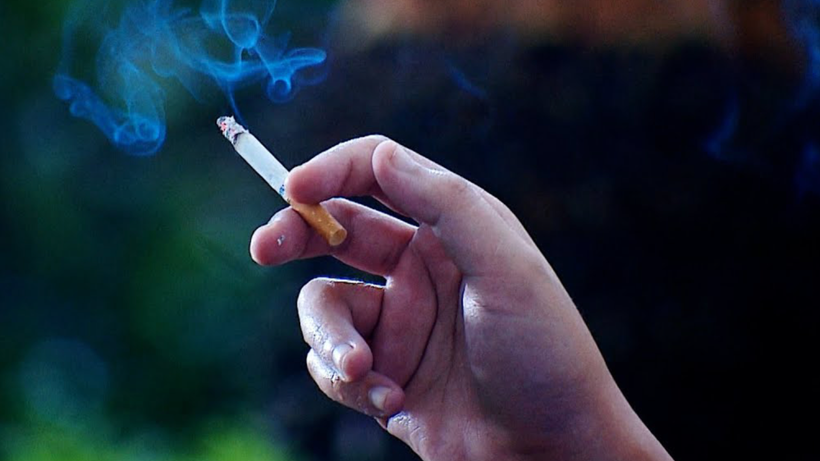
“Since voting for the ban a year ago, Vietnam has been recognized internationally for its pioneering role in banning e-cigarettes and heated tobacco products. This is a decision of great significance for public health, and especially in protecting the health and future of young people,” said Dr. Angela Pratt, WHO Representative in Vietnam.
"In order for the National Assembly 's ban on these harmful products to be effectively implemented, it is necessary to ensure that the e-cigarette and heated tobacco business must be included in the list of prohibited investment and business sectors in the amended Investment Law (Article 6) without any exceptions," said WHO Representative in Vietnam, Dr. Angela Pratt.

This is necessary to protect the achievements in public health that have been made and at the same time strengthen Vietnam's reputation in the international arena as a pioneering country in protecting people's health.
Although the implementation and enforcement of Congress's ban on new tobacco products is still in its early stages, available evidence suggests that the initial ban has had significant positive impacts.
Additionally, thanks to the strong ban enacted by Congress, the promotion of these products by celebrities and influencers seems to have come to an end.
According to data from the Poison Control Center, Bach Mai Hospital, the number of emergency cases related to the use of these products, especially among young people, decreased by nearly 70% in the 10 months after the ban was issued compared to the same period before.
To ensure that the National Assembly's ban continues to be effectively implemented, WHO recommends that the National Assembly include the trading of new tobacco products in the list of prohibited business investment sectors in the amended Investment Law; and that no exceptions be made, including allowing the production of new tobacco products for export, as this could undermine the public health and other social objectives of the ban and create significant challenges in law enforcement.
Allowing production for export poses many risks: it undermines the health and social protection rationale of the ban, creates inconsistencies in the legal system, creates opportunities for smuggling and leakage of goods into the domestic market, and places a heavy burden on control and law enforcement.
Vietnam’s bold and pioneering action in 2024 to ban these harmful new tobacco products has been recognized by the international community, including commendation from WHO Director-General, Dr. Tedros Adhanom Ghebreyesus, at the World Health Assembly in May 2025.
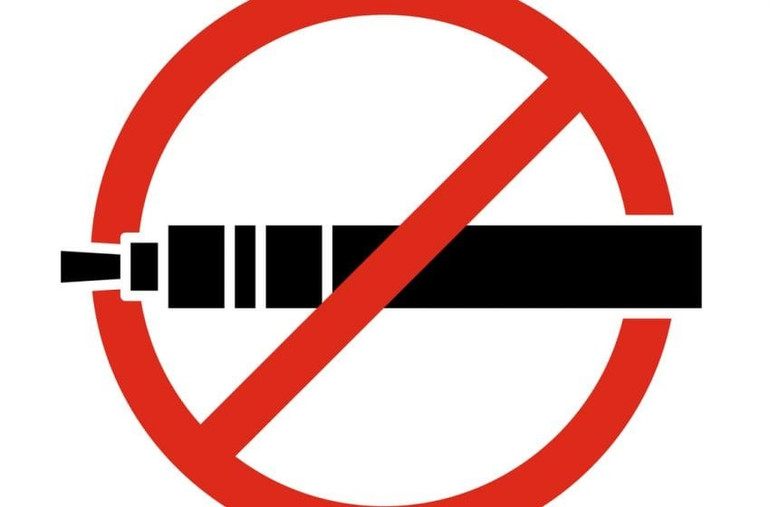
“WHO is committed to joining the Ministry of Health in calling for a comprehensive and consistent regulatory approach to protect the health and lives of the Vietnamese people, especially the country’s young generation, by ensuring that the National Assembly’s ban on e-cigarettes and heated tobacco products is fully reflected in the amendments to the Investment Law,” Dr. Pratt affirmed.
In the world today, 42 countries have issued bans on e-cigarettes, 24 countries have banned heated tobacco.
In the ASEAN region, besides Vietnam, four other countries have banned both types of products: Singapore, Thailand, Laos and Cambodia; Brunei has banned e-cigarettes; and Malaysia will also apply a ban on e-cigarettes from 2026.
Current international best practice is for countries to enact bans consistently across their legal systems, and not allow exceptions for production for export.
Source: https://nhandan.vn/bao-ve-the-he-tre-viet-nam-truoc-tac-hai-cua-cac-san-pham-thuoc-la-moi-post925572.html







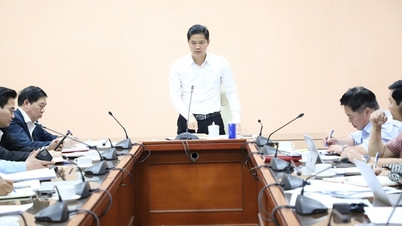



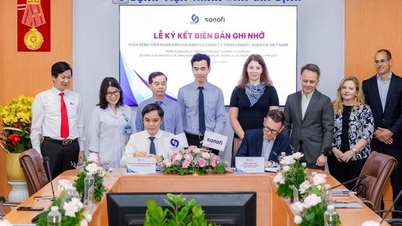
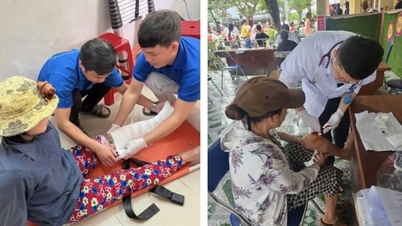
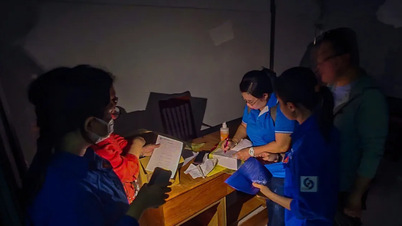





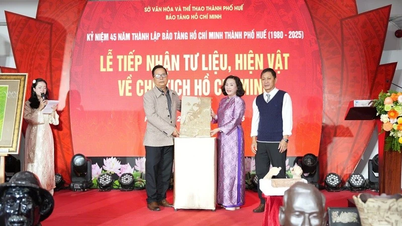
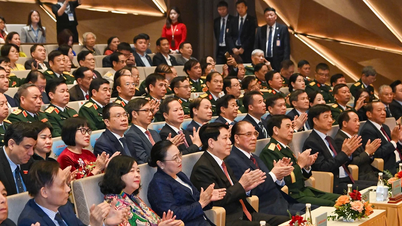

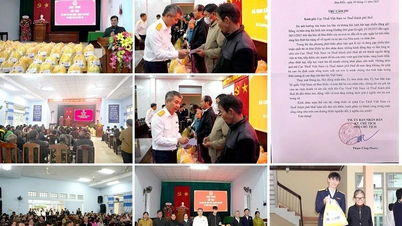
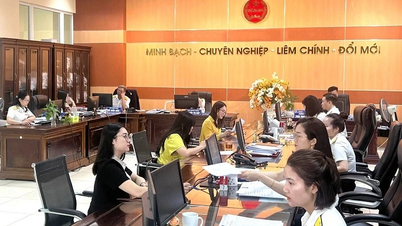




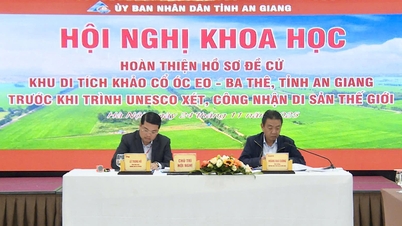



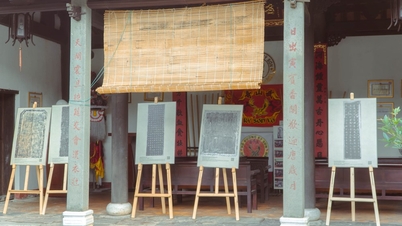
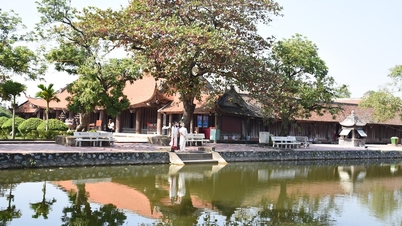


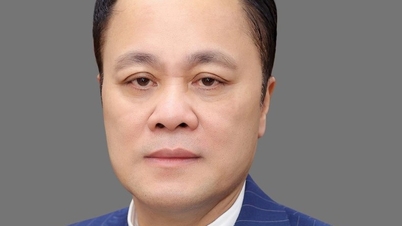
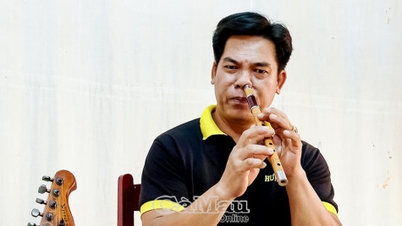



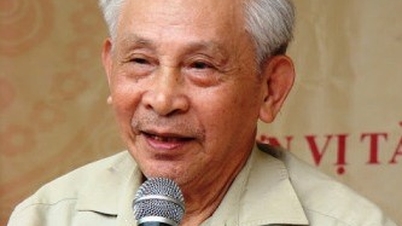
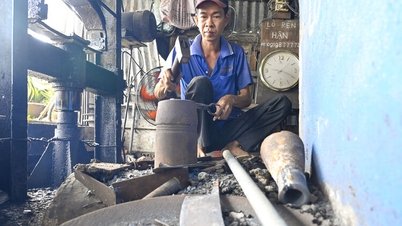

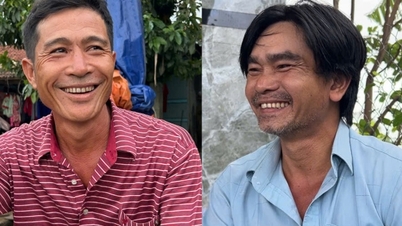
















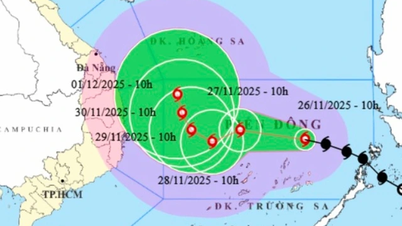
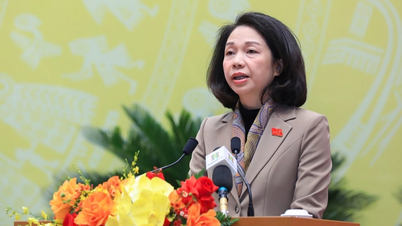



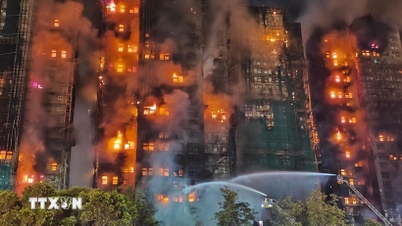


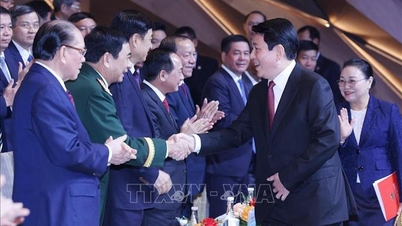

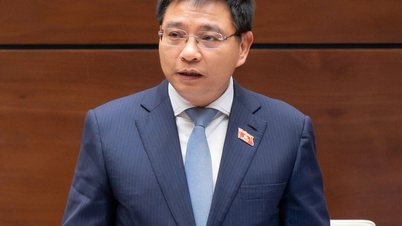


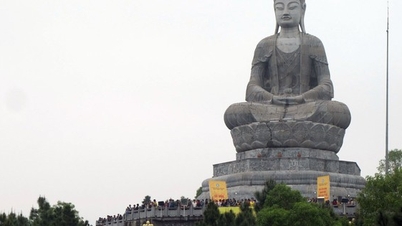
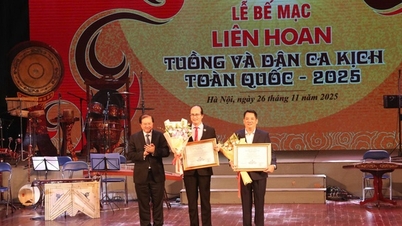
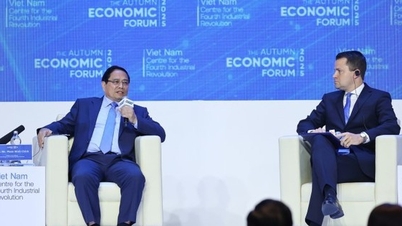





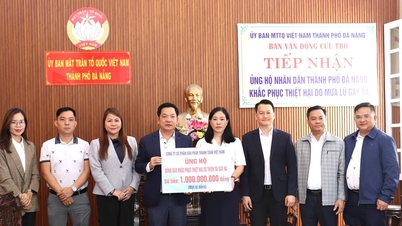
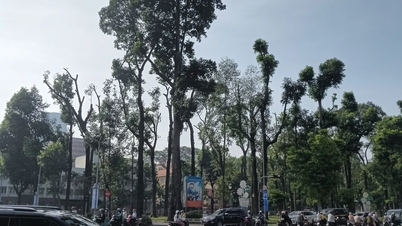














Comment (0)